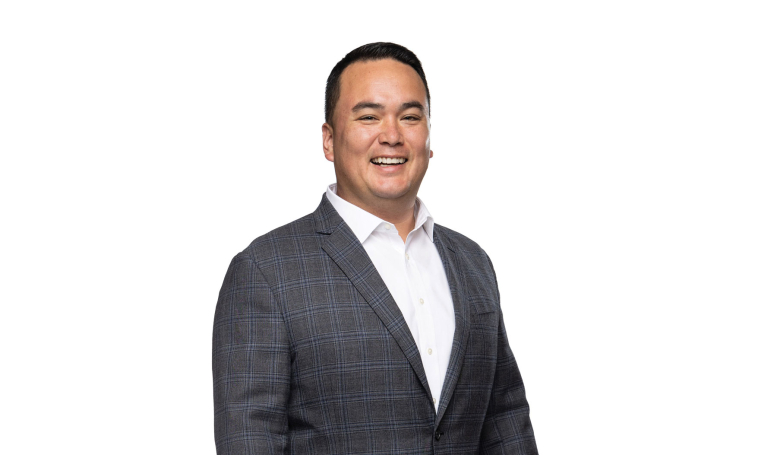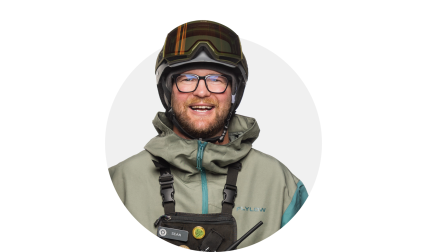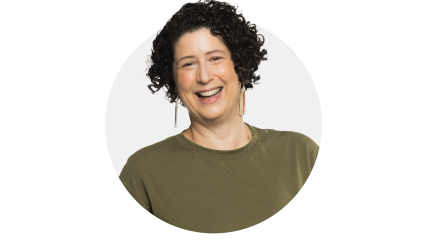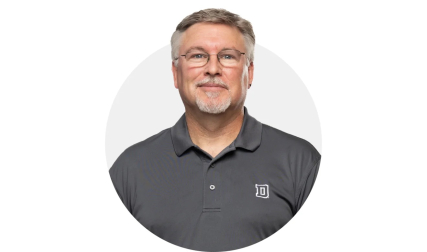How did you learn about this job?
My first mentor in college athletics was Ted Leland, a former director of athletics here (1983-88). He and Bobby Clark, the legendary Dartmouth and Notre Dame soccer coach, always told me that if you ever get an opportunity to work at Dartmouth, you should. It's a special place.
What’s your top priority?
To listen and learn, to understand this place.
Do you agree with the new emphasis on athletes’ mental wellness?
Absolutely. Sometimes anxiety about shooting free throws is about the free throw and maybe your breathing technique. But sometimes it’s about what’s going on back home. That’s the reality. The pressures and demands that students experience are tremendous. We need to play a supportive role.
How have you addressed this in previous jobs?
At Notre Dame we grew from zero to four licensed psychologists whose expertise is in working with elite level athletes and understanding those dynamics. I’m really proud of that.
That sounds similar to Dartmouth Peak Performance—more focus on the overall well-being of athletes.
Yes, and that’s a remarkable effort. My wife is a counseling and support psychologist. These are our dinnertime conversations: How do we help 18- to 22-year-olds be the best version of themselves? It’s ongoing. You never wake up one day and say, “Well, we’ve got health and wellness taken care of.”
Who is your sports hero?
Bo Jackson. Growing up in Kansas City, I had posters all over the walls. I had every baseball and football card of his. One Sunday my dad took me to a Royals game and we saw him afterwards. I ran up and said, “Mr. Jackson, can I shake your hand?” And he said, “Sure, little man.”
What’s your favorite sport to play?
Tennis. Indoors, outdoors—I think I get an A for effort and an F for technique.




